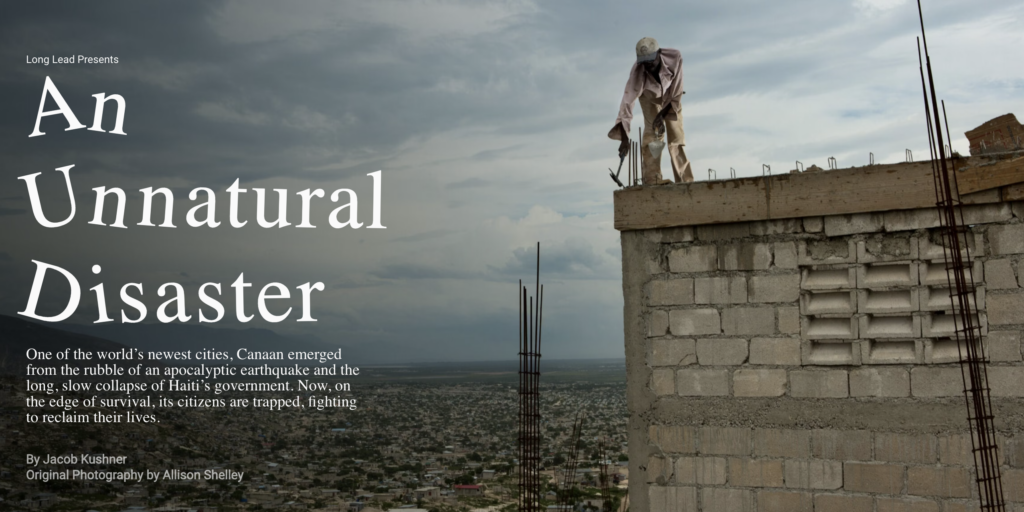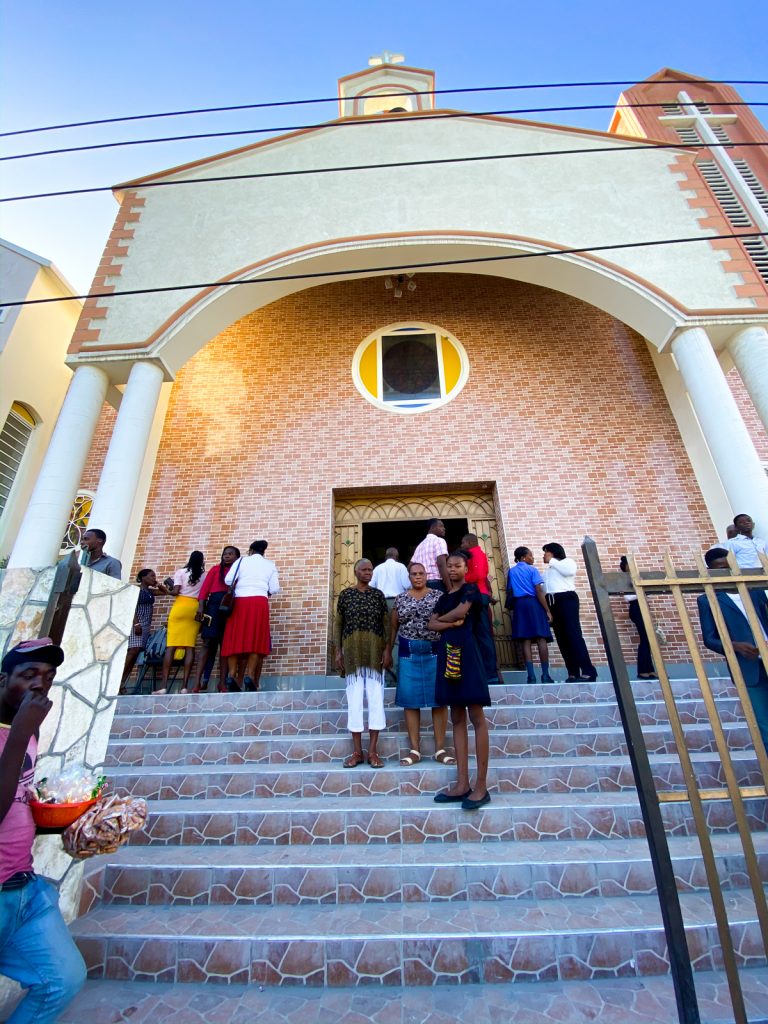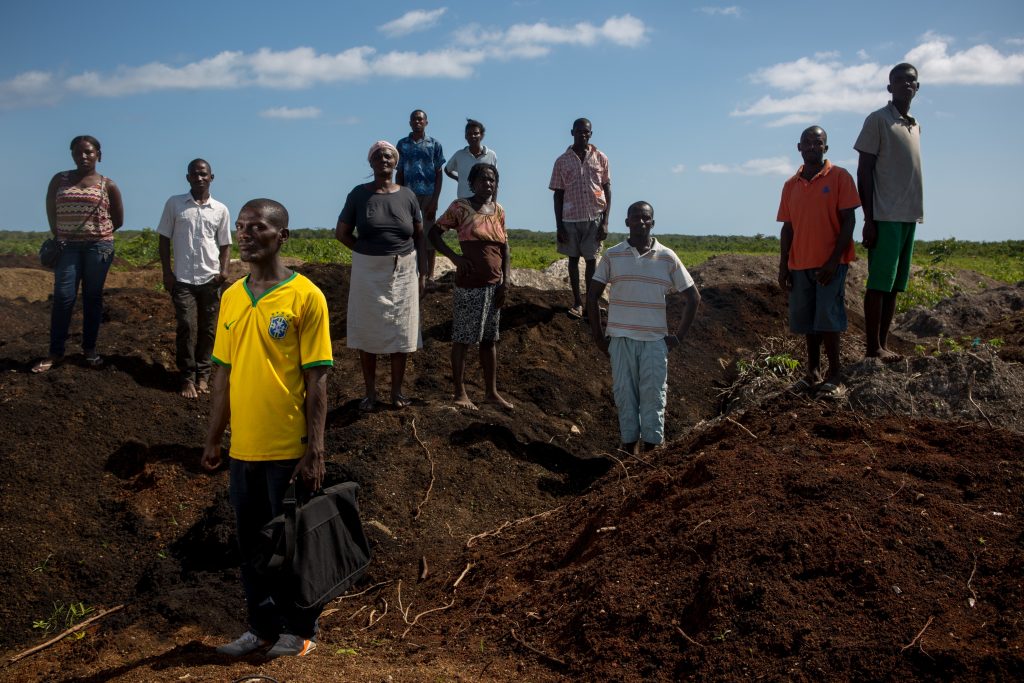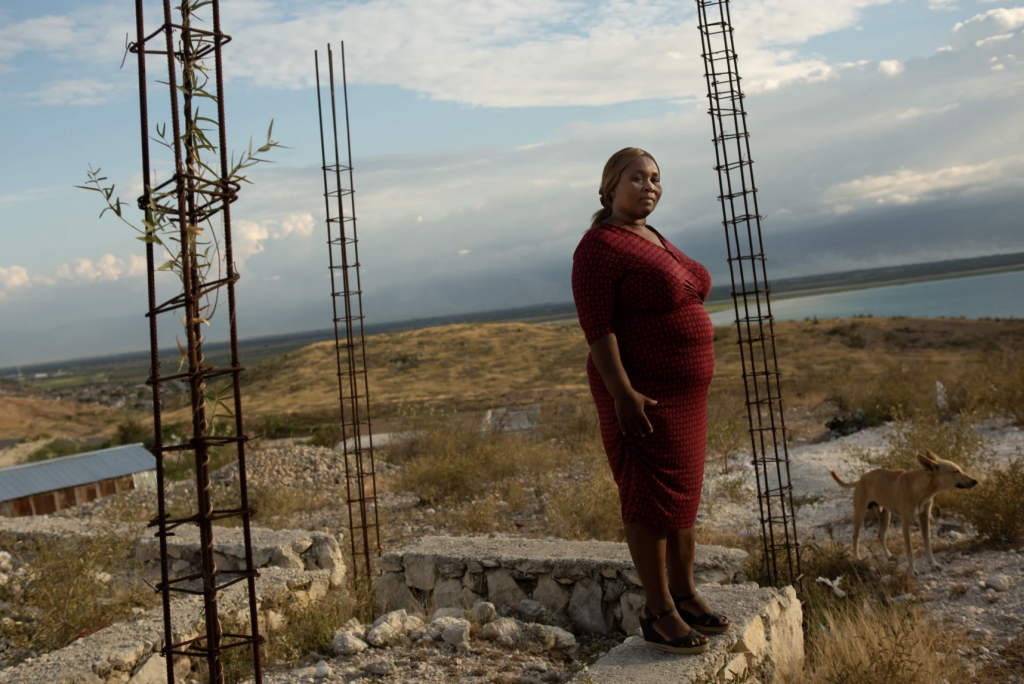Read: The Long Lead
haiti earthquake
The Pernicious Power of American Promises
The New York TimesWho Owns What in Haiti?
The New YorkerUncertainty over land ownership is playing out across Haiti as the country attempts to attract foreign investment in tourism, mining, manufacturing, and agriculture—often without clear knowledge of who, precisely, owns what.
Read: The New Yorker
Beside a Vast Graveyard, a New City Rises in Haiti
Pacific StandardHaiti’s earthquake shattered several cities, but it also birthed another. A place with space for the dead is a place with space for the living. And in post-earthquake Haiti, space was in short supply. Called Canaan, after the biblical holy land, a place defined by death has come alive.
Read: Pacific Standard
Haiti and the failed promise of US aid
The Guardian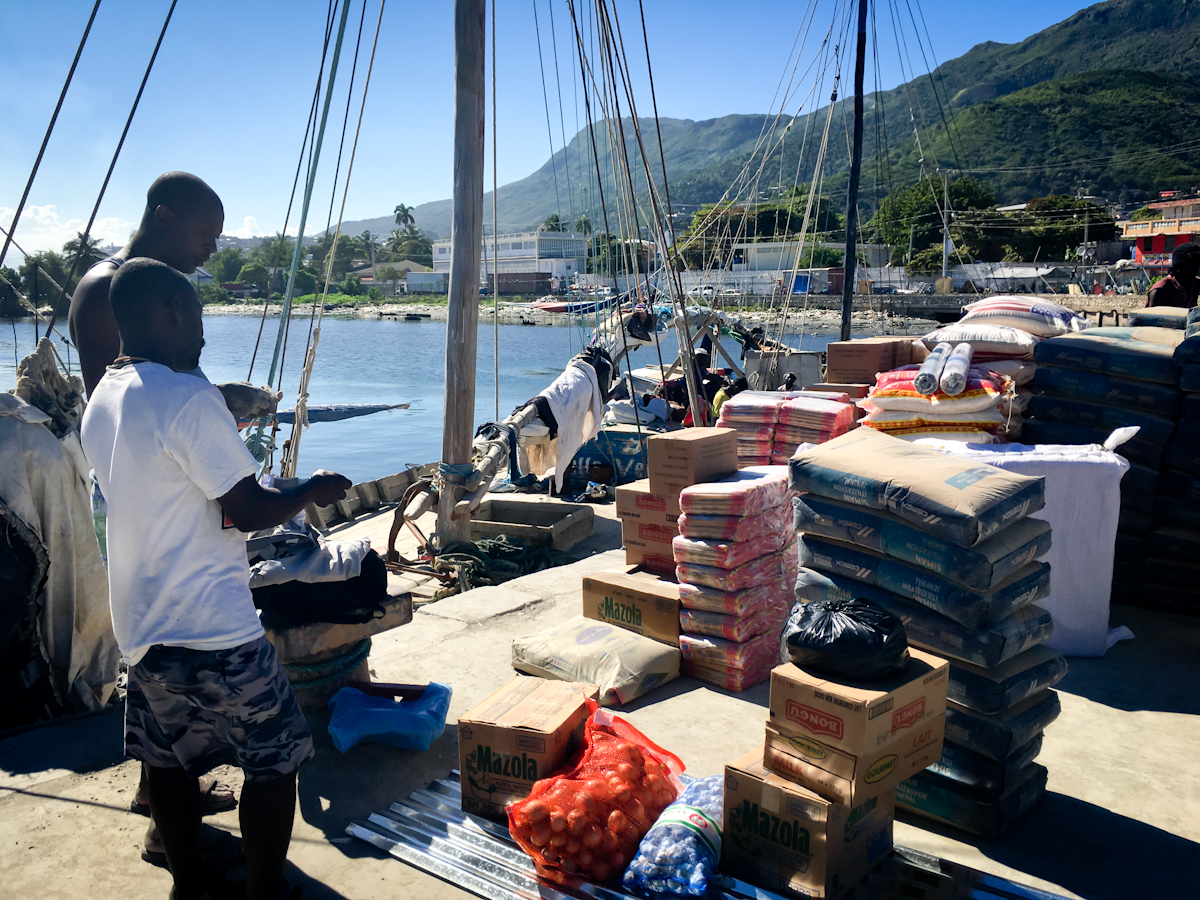
Jacob Kushner
A decade after Haiti’s 2010 earthquake, nothing symbolises America’s failure to help the nation “build back better” than a new port that was promised, but never built.
After sinking tens of millions of U.S. taxpayer dollars into an ill-advised plan to build a new seaport, the US quietly abandoned the project last year. It is the latest in a long line of supposed solutions to Haiti’s woes that have done little – or worse – to serve the country’s interests.
Read: The Guardian’s The Long Read

Supported by the Pulitzer Center.
In Haiti’s city-without-a-government, residents demand to pay tax
Reuters PLACEWithout titles, residents risk losing any investment they make and cannot use their property as collateral
CANAAN, Haiti – On a street of rocks and white dust in the centre of one of the world’s newest cities, Alisma Robert pointed to an array of electric cabling strung between rickety wooden poles.
“It wasn’t EDH that built that pole,” said Robert, referring to Haiti’s national electricity provider.
“It was us.”
Nearly everything in the city of Canaan, which was founded in 2010 after a catastrophic earthquake, was built by residents without government help.
After waiting two years for electricity, Robert and his neighbours collected money from each household, erected the wooden poles, and wired up the cables to the house of a family who were connected to the grid.
“I’m a citizen – but not for the moment. I don’t have the benefits of a citizen. We don’t have drinkable water … No public toilets. The government doesn’t do anything for the people who live here.”
Read the full story at Reuters PLACE. Funding for this story was provided by the Pulitzer Center.
Haiti’s half-billion dollar question
VICE Magazine
Photo by Santiagockn / 2010
The Red Cross has adopted a better approach to help Haitians recover from the 2010 earthquake—but past mistakes might plague its future.
When an earthquake decimated Haiti’s capital and nearby cities in 2010, people around the world pledged $13 billion in aid, $488 million of which was donated to the American Red Cross — the largest branch of the world’s largest relief charity.
In June, an NPR/ProPublica report alleged that the Red Cross had misused and wasted funds it devoted to housing, building only six out of 700 planned homes and failing to shelter anywhere near as many displaced Haitians as it had claimed.
But if the agency misappropriated its resources, it did so largely at the direction of Haiti’s leaders.
Five years after the earthquake, some 64,000 Haitians remain officially displaced, and tens of thousands more reside in temporary shelters or on land from which they face eviction. Roughly 150,000 of them live in a desolate stretch of land at the foot of the mountains north of Port-au-Prince that Haitians call Canaan — the biblical Promised Land.
The Red Cross’s forthcoming work in Canaan illustrates its evolving understanding of the infrastructural challenges that disaster recovery entails. But critics of its effort in Haiti insist that this does not absolve it of what they say were harmful mistakes. Read: VICE

